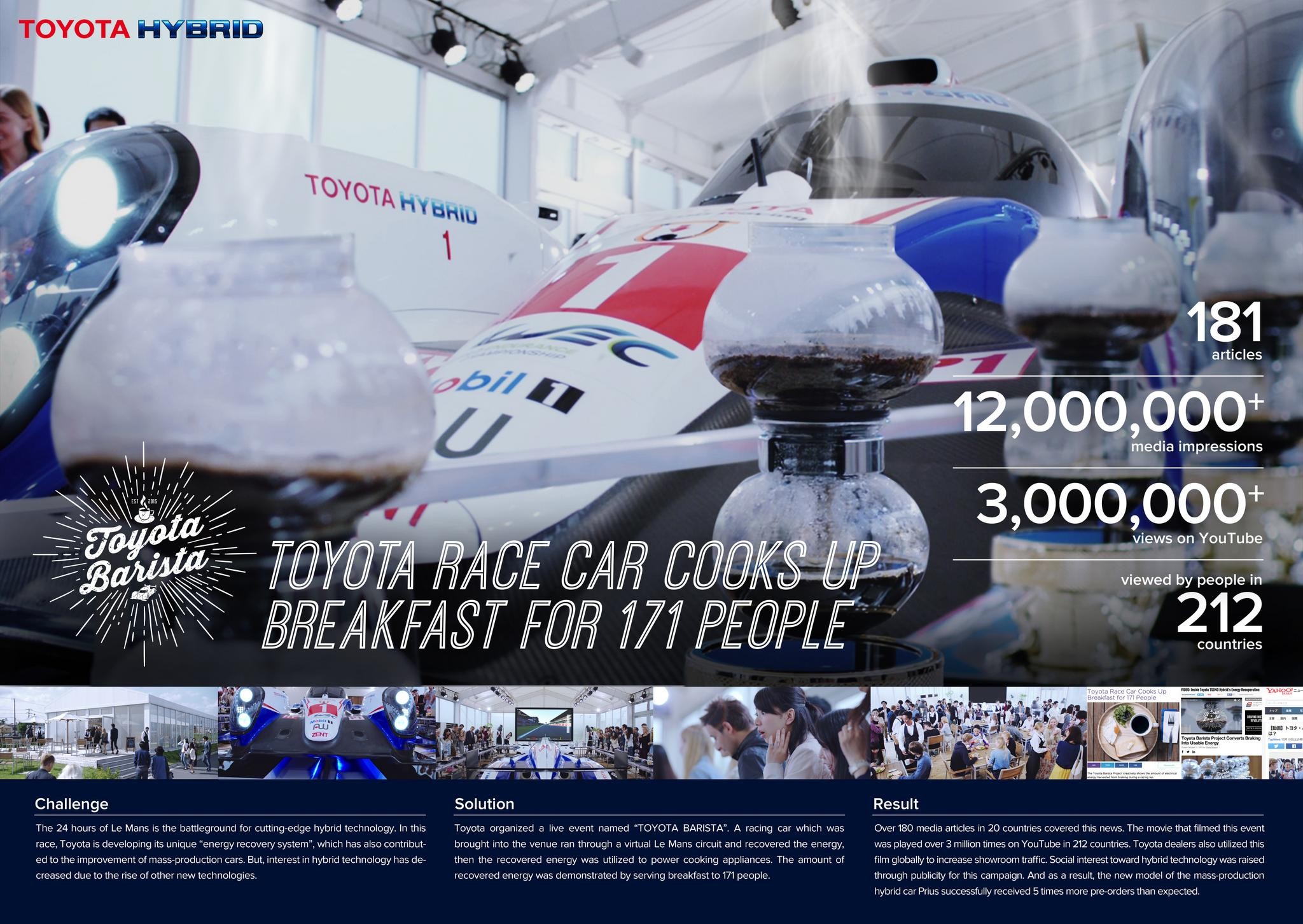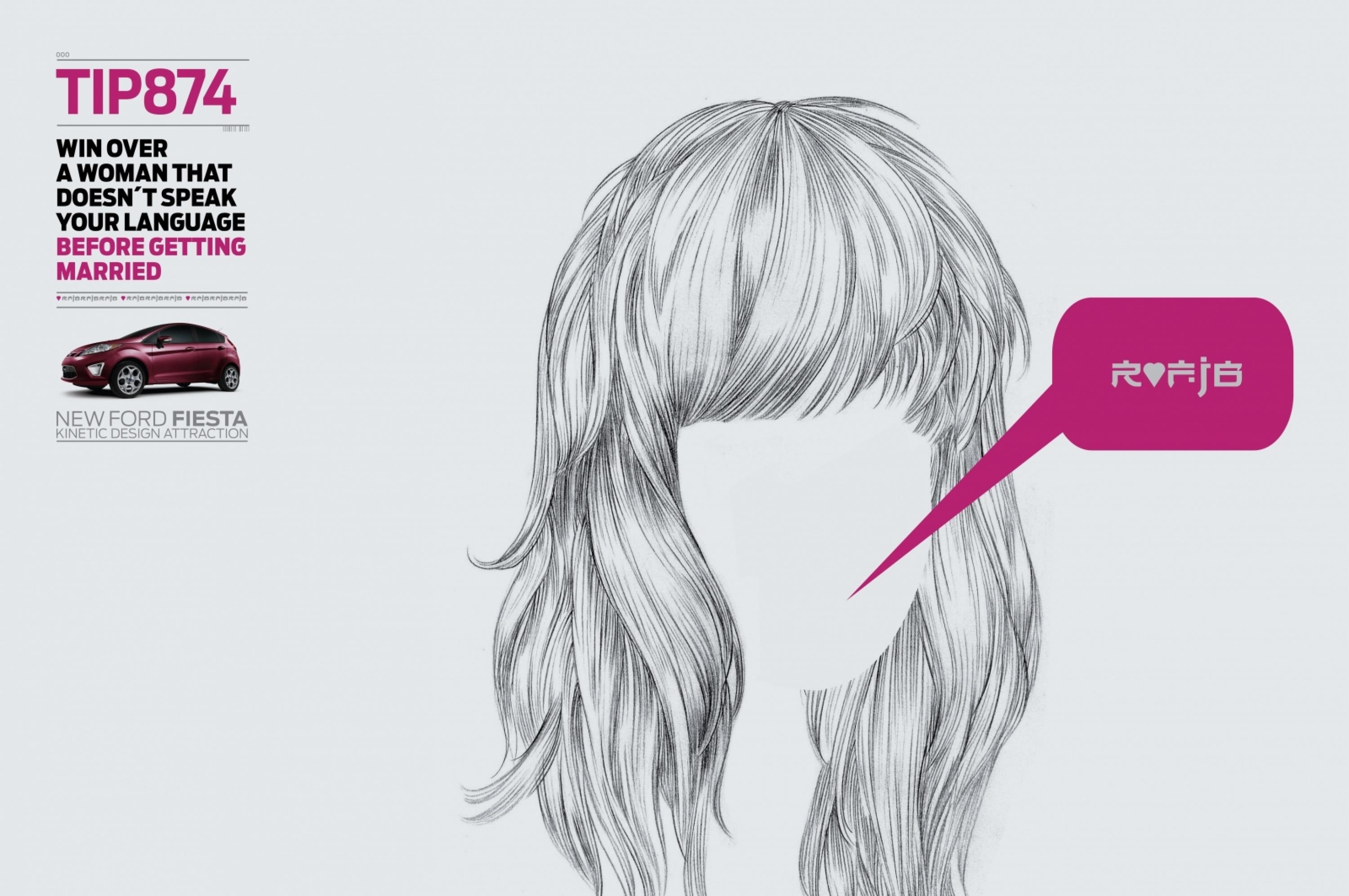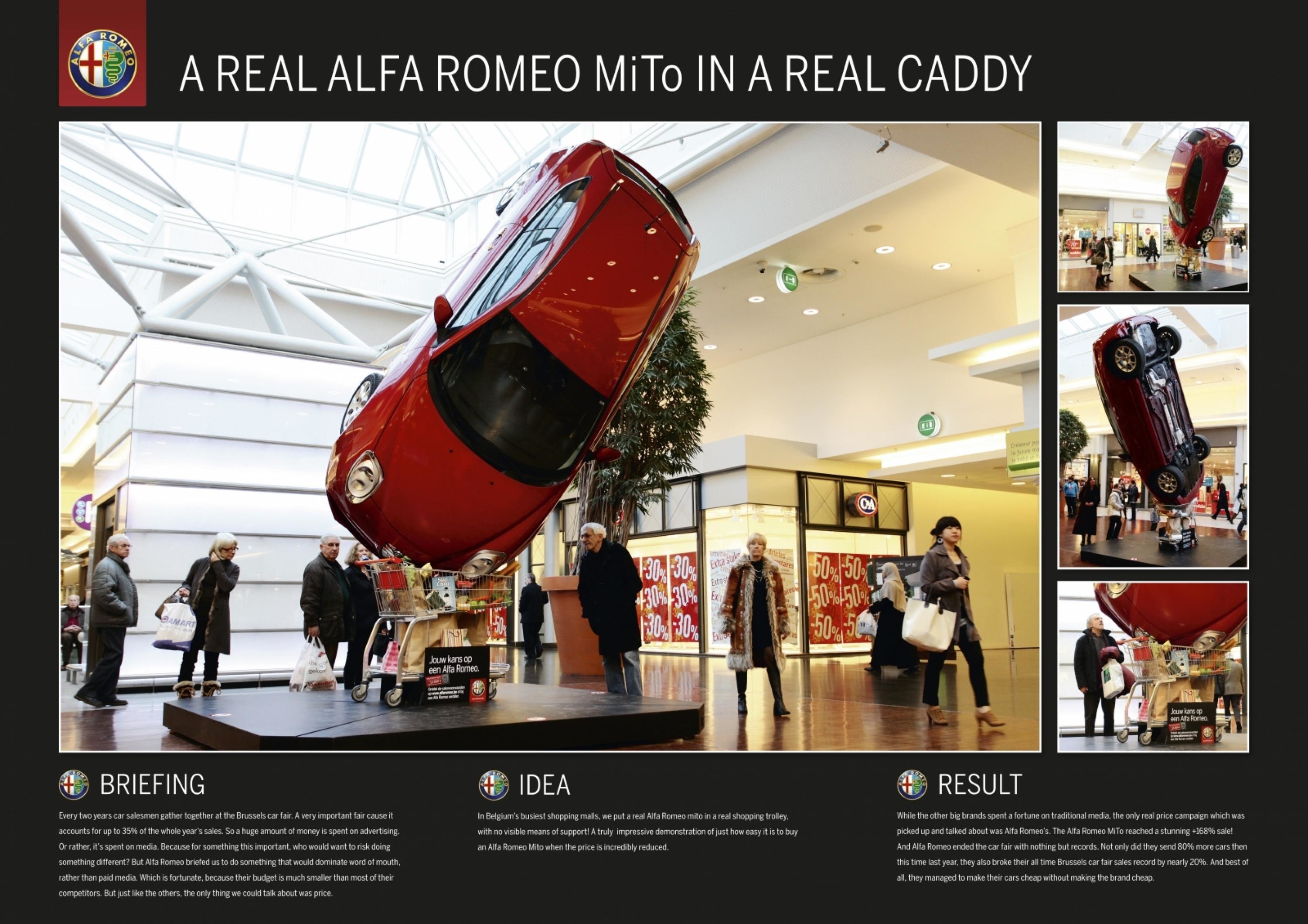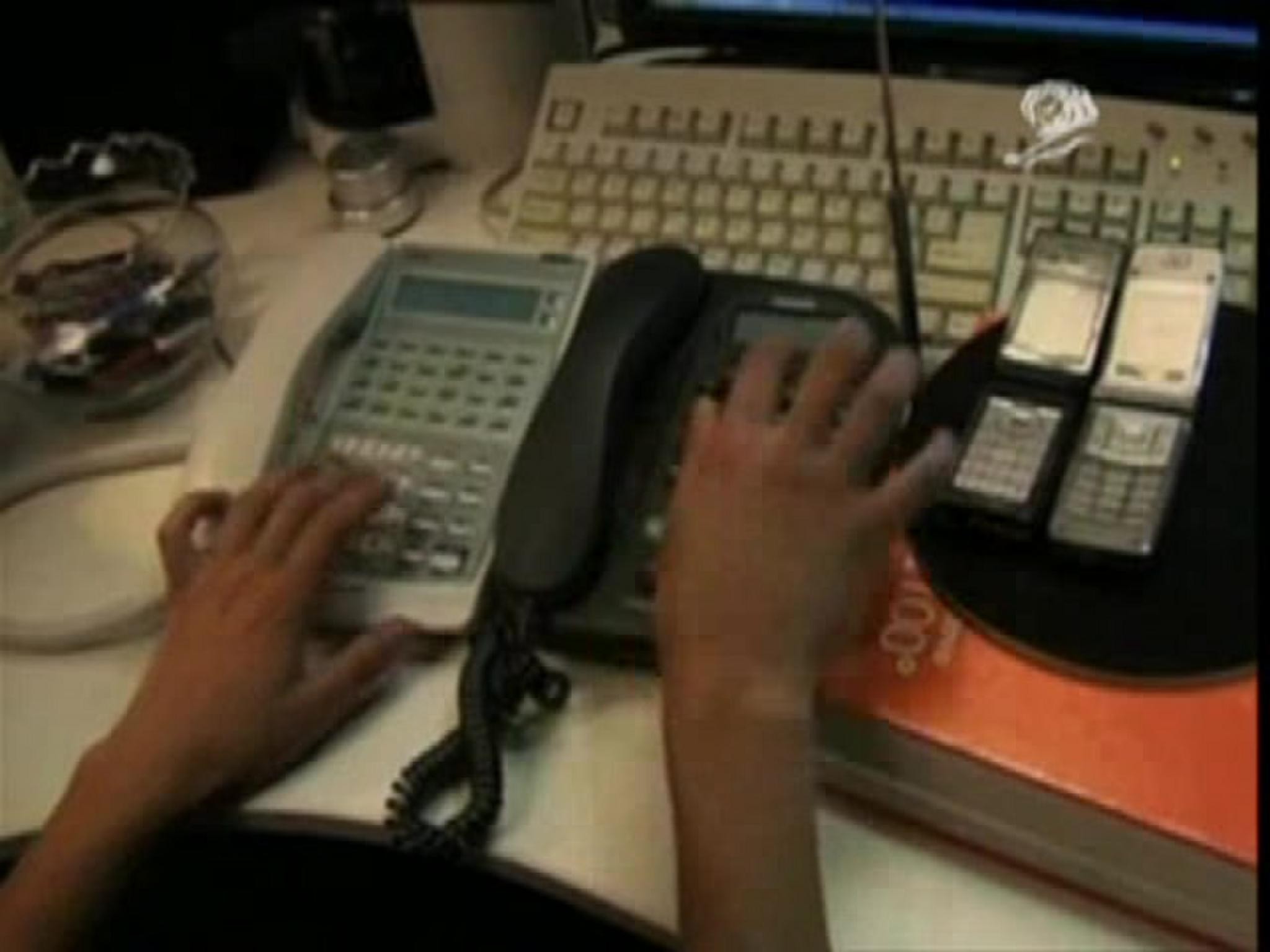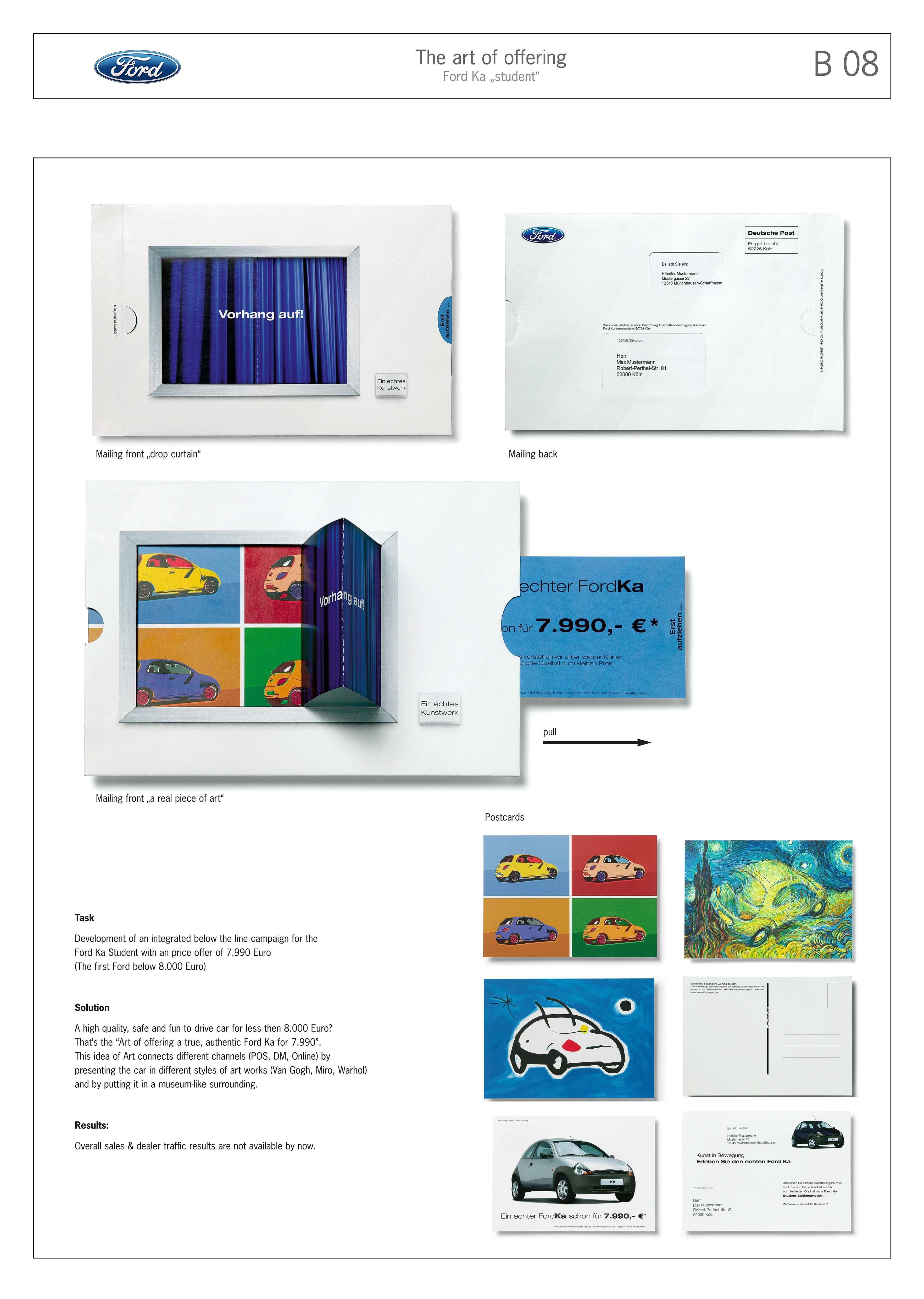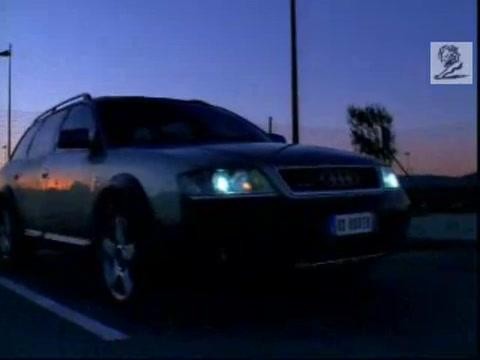Cannes Lions
First Drive
VML SPAIN, Madrid / FORD / 2024
Awards:
Overview
Entries
Credits
OVERVIEW
Background
Situation
Three components give context to this idea.
- National Hospital for Paraplegics in Toledo, who treat over 250 new spinal cord injury patients annually
- Ford's leadership position in producing Adapted Vehicles (Ford Adapta)
- Ford's Engagement in esports and Virtual Racing (Team Fordzilla, est. 2019)
While the hospital had general physical treatment programs, there was no dedicated equipment or treatment program to specifically rehabilitate patients – physically and psychologically – to drive again.
Brief
To address this need by forming a partnership between the Hospital and Ford,
leveraging and integrating Ford's gaming and Adapta knowledge into the hospitals therapy program.
Objective
To create a dedicated piece of equipment that could be added to the therapy program, to increase the focus on driving rehabilitation and accelerate the recovery of patients in recovery, demonstrating Ford's commitment to inclusivity and mobility, in a way that has immediate and sustained societal benefit.
Idea
Our idea was to create a unique driving simulator aimed at rehabilitating returning drivers, combining the physical controls of an adapted car with the gaming softward virtual driving.
This unique combination provided a safe and supportive environment for patients to
learn and develop the new motor skills needed for driving an adapted car, but also develop the confidence required to get back into a vehicle and drive again.
The simulator was integrated into the treatment program of National Hospital for Paraplegics, the leading specialist hospital treating patients with spinal cord injuries.
The idea is positive expression of Ford’s global brand promise of ‘helping people move freely and pursue their dreams’, making mobility inclusive and accessible for all.
Strategy
Returning to driving involves more than just buying an adapted vehicle; it requires both physical and psychological readiness for the demands of driving.
But no such program or treatment existed to treat patients wanting to drive again.
The strategy aimed to combine esports virtual driving with spinal cord injury rehabilitation to better prepare patients for adapted car use.
This approach not only aided the physical component, but addressed the anxiety felt by adapted car drivers, who often doubted their ability to react quickly or handle challenging driving situations, leading to a loss of self-assurance.
Our insight was to introduce gaming as a core part of the rehabilitation, using virtual driving simulation to overcome fear and real-world risk, while rebuilding driving confidence.
Execution
The custom-built Simulator seamlessly integrates adapted car hardware with sim driving gaming software, enabling a combination of physical muscle development and virtually realistic driving experience.
Haptic feedback controls offer true driving experiences, including accurately weighted steering and a dedicated haptic vest transmitting g-force and road sounds and response.
Three panoramic 4k monitors and VR headset compatibility provides an immersive, high-fidelity experience – allowing real as possible driving, without risk.
The open-platform software is compatible with all consoles and could run all driving games. Assetto Corsa was chosen for its hyper-realistic graphics and ability to modify the courses to include everyday driving situations.
The simulator is housed permanently at Toledo National Paraplegic Hospital, already having treated 200 patients and estimated to treat 250+ p/a.The simulator concept is also for sale in various forms and a mobile version of the experience exists to make the initiative accessible to communities with limited mobility.
Outcome
The Simulator, originally introduced as a pilot, has become a permanent part of the hospital’s treatment program, estimated to treat approximately 250 patients a year.
Of the 200 patients that went through the pilot program, 21 have received their adapted car driver’s license.
Qualitatively, patients feel that the simulator has helped them approach driving and recovery more positively.
Doctors and treatment specialists at the hospital have embraced the initiative.
Ivan, one of the first patients to use the simulator, has gone on to become an ambassador of the program.
The impact goes beyond the hospital too:
A Transit van mobile experience simulator has been developed, allowing the program to spread beyond the single hospital.
Thanks to the simulator, Ford is looking to include handicapped players in their pro gaming team Fordzilla.
While this wasn’t designed for publicity, more than 50 news outlets have reported on the existence of the simulator.
Similar Campaigns
12 items
